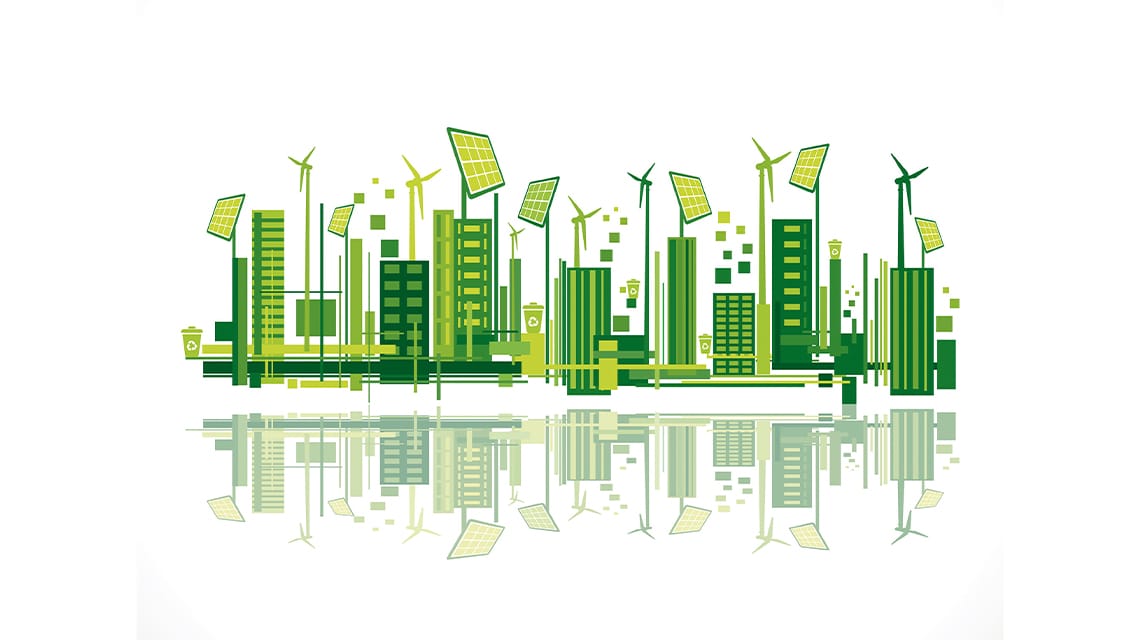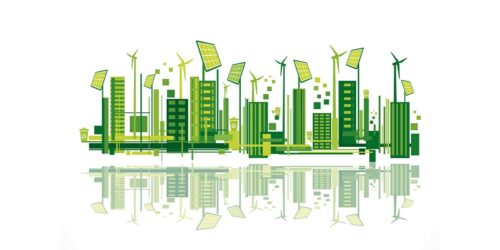Course Outline
Course Overview
This course aims to explore innovative and sustainable technologies that contribute to climate resilience and address environmental challenges. Focusing on energy systems, buildings, and businesses, participants will gain a comprehensive understanding of climate-smart technologies, their applications, and their role in achieving a sustainable future. This course will be delivered through a combination of lectures, case studies, Continuous assessment through quizzes and assignments, guest speakers, and hands-on projects to ensure participants gain both theoretical knowledge and practical skills in climate-smart technologies for a sustainable future.
Module 1: Introduction to Climate-Smart Technologies
- Defining climate-smart technologies and their significance
- Overview of the intersection between technology and climate change
- Current trends and advancements in climate-smart technologies
Module 2: Sustainable Energy Technologies
- Renewable energy sources: solar, wind, hydropower, and others
- Energy storage solutions and grid integration
- Smart grids and their role in energy efficiency
Module 3: Energy-Efficient Buildings
- Green building design principles
- Energy-efficient HVAC systems and appliances
- Smart building technologies and automation
Module 4: Sustainable Transportation Technologies
- Electric vehicles and charging infrastructure
- Sustainable fuels and alternative transportation modes
- Intelligent transportation systems for efficiency and reduced emissions
Module 5: Circular Economy in Business
- Principles of a circular economy
- Sustainable supply chain management
- Waste reduction and recycling technologies
Module 6: Climate-Smart Technologies in Industry
- Clean production processes and technologies
- Carbon capture and storage (CCS) and carbon capture and utilization (CCU)
- Sustainable manufacturing practices
Module 7: Digital Technologies for Climate Resilience
- Internet of Things (IoT) applications for environmental monitoring
- Artificial Intelligence (AI) for climate prediction and adaptation
- Blockchain technology for transparent and sustainable supply chains
Module 8: Sustainable Agriculture Technologies
- Precision agriculture and smart farming
- Water-efficient irrigation systems
- Agroecology and climate-resilient crop varieties
Module 9: Financing and Implementation of Climate-Smart Technologies
- Funding mechanisms for sustainable projects
- Investment strategies for climate-smart technologies
- Overcoming barriers to implementation
Module 10: Case Studies and Best Practices
- Analysis of successful climate-smart technology projects
- Real-world examples of sustainable practices
- Lessons learned and challenges faced in implementing climate-smart technologies







Reviews
There are no reviews yet.